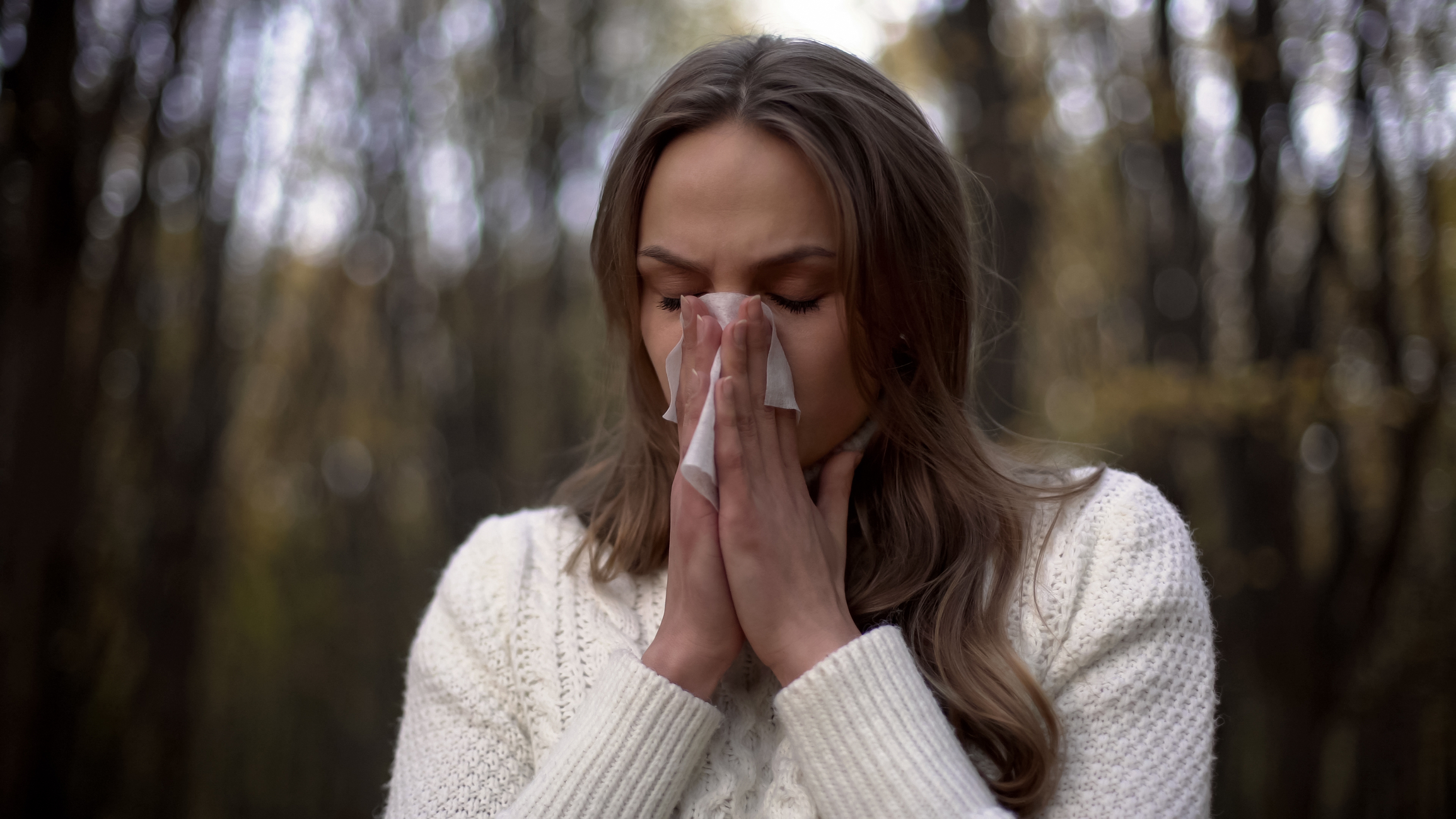Seasonal Allergies and the Voice
Spring is here which means the trees and flowers will start to grow again. For many allergy sufferers it also means vocal issues, sneezing, coughing, watery eyes, and dealing with a drippy nose. To combat and overcome these annoying issues, allergy suffers usually turn to nasal sprays, antihistamines, neti pots and

perhaps herbal remedies.
Allergies can affect the voice in various ways. When you inhale pollen, exposure to allergens can cause direct inflammation of the vocal folds. In addition, coughing and postnasal drip can irritate the vocal folds, and restricted lungs and an inflamed nose can also alter the voice. However, it’s not just the allergies themselves that affect the voice.
Antihistamines are used to dry up the post nasal drip, but it also dries up the mucus that protects the vocal folds. The vocal folds become dry and stiff like sandpaper, which means there’s extra abrasion when we speak. This can lead to inflammation and a raspy, strained voice that takes extra effort to use.
If you need to use allergy medication, remember to drink more water to stay hydrated and optimize body moisture for your vocal cord lubrication. Ask your doctor about the best medications to take that don’t dry out your vocal cords. Let’s keep your vocal cords healthy so that your voice is strong, clear and effective.
Check out this YouTube video on What to Drink to Have a Good Voice.
